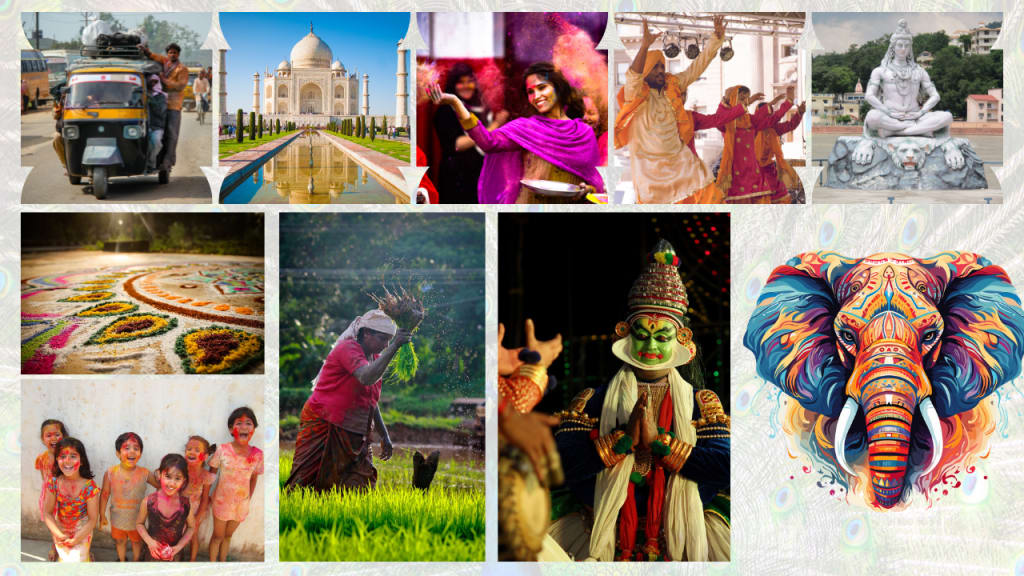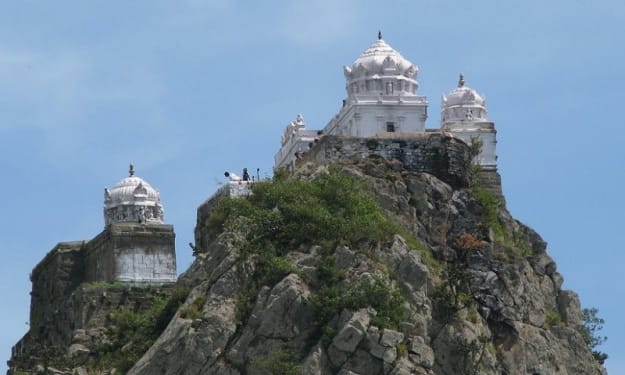
The history of Indian culture spans thousands of years, marked by a rich tapestry of traditions, languages, religions, and practices. From the ancient civilizations of the Indus Valley to the vibrant cultural landscape of modern-day India, the evolution of Indian culture is a testament to the resilience and diversity of its people.
One of the earliest civilizations to emerge on the Indian subcontinent was the Indus Valley Civilization, which thrived around 2500 BCE. This civilization, located in what is now present-day Pakistan and northwest India, left behind a legacy of sophisticated urban planning, trade networks, and artistic expression. The Indus Valley people developed intricate systems of writing, although these scripts remain undeciphered to this day, leaving much about their culture shrouded in mystery.
Around 1500 BCE, waves of Indo-European migrants, known as the Aryans, began to migrate into the Indian subcontinent. They brought with them their language, Sanskrit, as well as elements of their culture and religious beliefs. The blending of Aryan and indigenous cultures gave rise to what is known as Vedic culture, characterized by the composition of the Vedas, ancient scriptures that form the foundation of Hinduism.
Over the centuries, Indian civilization witnessed the rise and fall of numerous empires and dynasties, each leaving its own imprint on the cultural landscape. From the Maurya and Gupta empires to the Mughal and Maratha dynasties, India experienced periods of great artistic and intellectual achievement, marked by advancements in science, mathematics, literature, and the arts.
Religion has played a central role in shaping Indian culture throughout its history. Hinduism, with its pantheon of gods and goddesses, rituals, and philosophical teachings, has been the dominant religion for much of India's history. Buddhism, founded by Siddhartha Gautama in the 6th century BCE, also flourished in India before spreading to other parts of Asia. Jainism, with its emphasis on non-violence and asceticism, is another ancient religion that originated in India.
The medieval period saw the arrival of Islam in the Indian subcontinent with the conquests of Muslim rulers from Central Asia and the establishment of sultanates and later the Mughal Empire. Islamic influence left an indelible mark on Indian culture, particularly in architecture, cuisine, and language. The fusion of Hindu and Islamic elements gave rise to a unique architectural style exemplified by structures such as the Taj Mahal.
Colonialism significantly impacted Indian culture with the arrival of European powers, particularly the British, in the 17th century. British rule brought about significant social, political, and economic changes, including the introduction of Western education, legal systems, and the English language. The struggle for independence led by figures like Mahatma Gandhi not only resulted in India gaining independence in 1947 but also sparked a cultural renaissance as Indians sought to reclaim their heritage and assert their identity.
Since gaining independence, India has emerged as a vibrant and diverse democracy, home to a multitude of languages, religions, and cultural practices. Bollywood, India's prolific film industry, has gained international acclaim for its colorful musicals and captivating storytelling. Indian cuisine, with its aromatic spices and regional variations, has become popular worldwide, while traditional art forms such as classical dance, music, and handicrafts continue to thrive alongside modern innovations.
Despite the challenges of globalization and rapid modernization, Indian culture remains deeply rooted in its traditions and values. From the colorful festivals that punctuate the calendar year to the reverence for family and community, the essence of Indian culture lies in its ability to adapt and evolve while staying true to its ancient heritage. As India continues to navigate the complexities of the 21st century, its cultural legacy continues to inspire and captivate people around the world.
Thankyou






Comments (1)
hi boss I like you